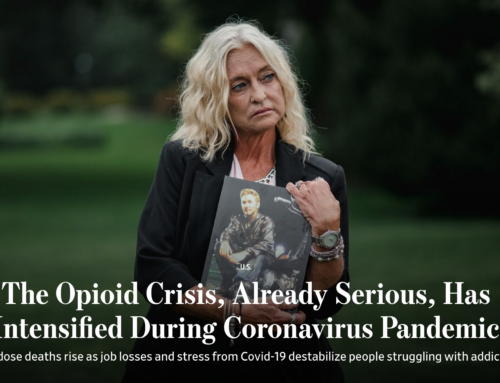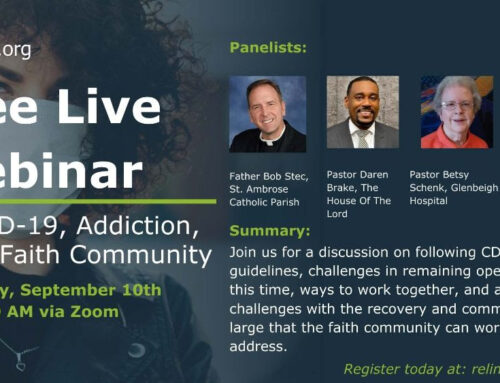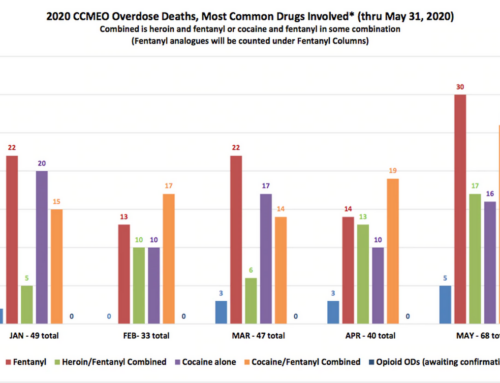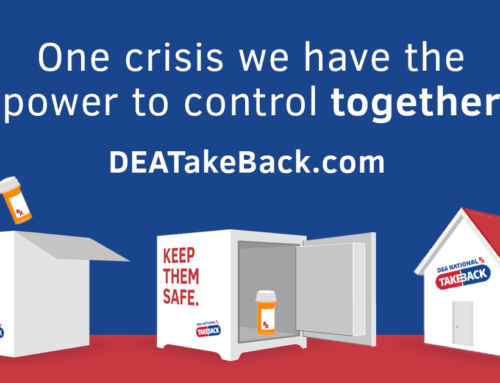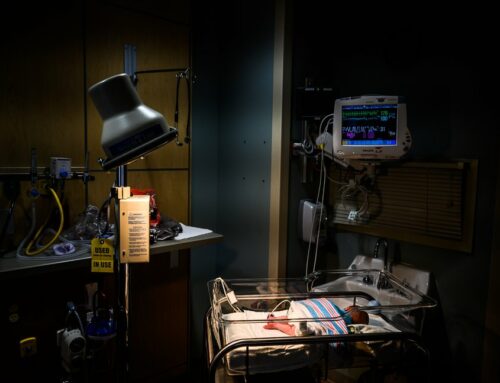(COLUMBUS, Ohio)—Ohio Attorney General Mike DeWine today unveiled a set of 12 new initiatives to combat the opioid crisis.
“Ohio is in crisis,” said Attorney General DeWine. “At least 14 Ohioans are dying every single day in our state from drug overdoses. More people will die in Ohio this week than died in the devastating shooting recently in Las Vegas.”
DeWine unveiled a multi-pronged plan called “Recovery Ohio.” It includes increased treatment, new tools for law enforcement, and expanding prevention, and is described in detail below:
“Recovery Ohio”
- NUMBER 1: Pass legislation to give the Governor the ability to declare a public health emergency statewide or in specific areas, which would allow for the distribution of money and other resources to local entities that are facing unexpected emergency conditions like overdose spikes, and creating an accelerated process for state licenses or approvals in critical professions such as the medical or social work fields as well as expedited licensing reciprocity with other states.
- NUMBER 2: Create a 21st century law enforcement data infrastructure that allows real-time, statewide data sharing and brings state-of-the-art data analytics and crime prediction to every Ohio law enforcement agency.
- NUMBER 3: Expand proven drug task force models that specifically target and disrupt the flow of money and drugs from Mexican drug cartels.
- NUMBER 4: Create at least 60 more specialized drug courts.
- NUMBER 5: Double the substance use treatment capacity in Ohio.
- NUMBER 6: Expand workforce of critical specialists.
- NUMBER 7: Empower employers to help employees with substance use disorder to seek treatment while remaining employed.
- NUMBER 8: Help business owners hire employees in recovery by offering employers incentives and reducing risks.
- NUMBER 9: Create a special position reporting directly to the Governor with Cabinet-level authority, who works every day with the single-minded focus of fighting the opioid epidemic.
- NUMBER 10: Implement proven Kindergarten-12th grade drug prevention education in all Ohio schools.
- NUMBER 11: Roll out a statewide drug prevention media campaign
- NUMBER 12: Expanded early intervention programs that target Ohio families and children in foster care.
DeWine said that these initiatives should be paid for by the people who are chiefly responsible for the crisis – and that is the drug companies. Today he sent a letter to Purdue Pharma, Endo Health Solutions, Teva, Johnson & Johnson, and Allergan – the companies he filed suit against in May. He is giving them 30 days to come forward and begin settlement solutions. He also sent letters today to Cardinal Health, McKesson, and Amerisource Bergen, drug distributors who flooded the state with pills that they knew far exceeded medical need. DeWine asked them to come forward to pay their fair share as well.
“While there is no amount of money that can bring back the thousands of our fellow Ohioans who have died or take away the pain of their families, these drug companies must be held accountable,” DeWine said.

